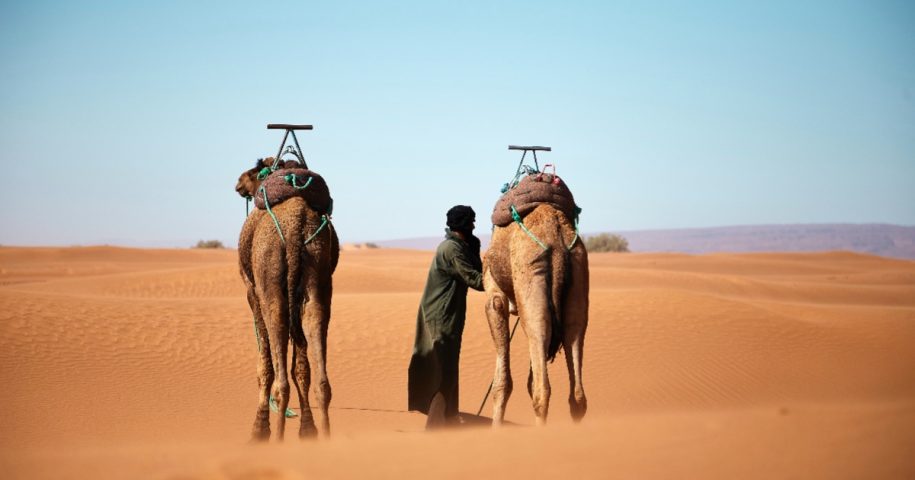Tunisia is a North African country located on the Mediterranean coast. The country has a population of around 12 million people, and its ethnic makeup is diverse and complex. Tunisia Ethnicity.
The majority of Tunisians identify as Arab, and the Arabic language is the official language of the country. However, within the Arab population, there are significant regional and cultural differences. For example, many Tunisians identify as Berber, a group of indigenous people who have lived in North Africa for thousands of years. The Berber population in Tunisia is estimated to be around 1-2% of the total population, and they speak their own language, known as Tamazight.
In addition to Arab and Berber populations, Tunisia has also been shaped by waves of migration and conquest throughout its history. The country has a long history of contact with Europe and the Mediterranean, and there are significant populations of Tunisians with European ancestry. For example, there are many Tunisians of French, Italian, and Maltese descent.
Tunisia also has a significant black population, descended from Sub-Saharan African slaves who were brought to the country during the era of the trans-Saharan slave trade. This population is estimated to be around 10% of the total population, and they are concentrated in the southern regions of the country.
Despite the diverse ethnic makeup of Tunisia, the country has a strong sense of national identity and unity. This is in part due to the country’s history of anti-colonial struggle, which united people from different ethnic and cultural backgrounds in the fight for independence. Today, Tunisians of different ethnic backgrounds work together to build a strong and prosperous nation.
In recent years, there has been a growing recognition of the importance of diversity and inclusivity in Tunisian society. Efforts are being made to promote greater representation and participation of marginalized groups, such as women, youth, and minorities. For example, in the 2014 constitution, Tunisia guaranteed equal rights and protections for all citizens, regardless of their ethnic or cultural background.
Overall, Tunisia’s ethnic makeup is diverse and complex, reflecting the country’s long and varied history. Despite these differences, Tunisians share a strong sense of national identity and unity and are working together to build a more inclusive and prosperous society.


Leave a Reply